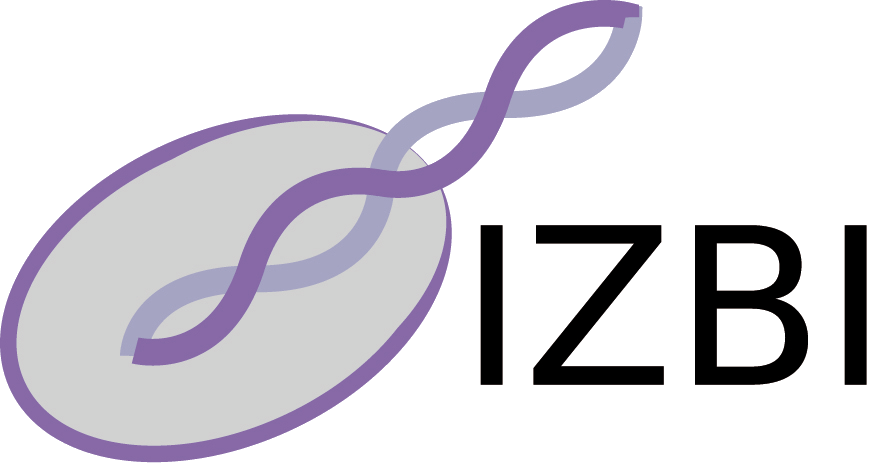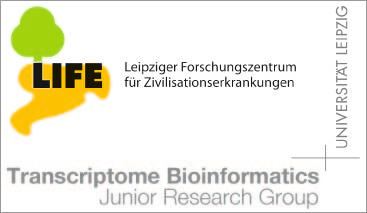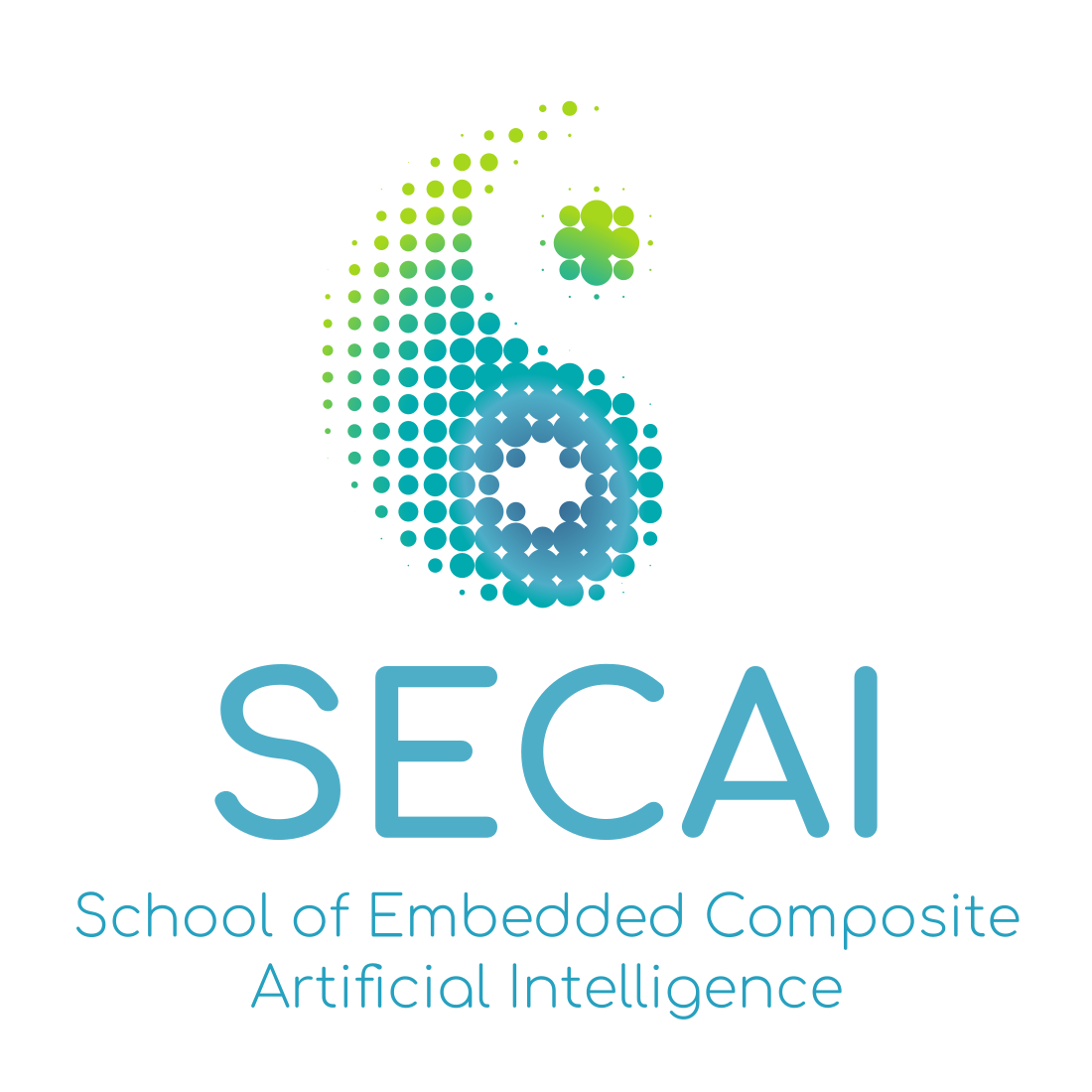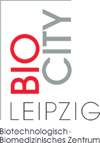Teaching - Thesis topics
In the moment advertised topics:
- Data driven analysis of epigenetic landscapes using Boolean logic
- Discovering new non-coding RNAs in Bacteria
- Genomrearrangements in Krebgenome
- Changes of Chromatin in dividing and not dividing cells
- tRNA abundance in human RNASeq data
- Better RNASeq mapping through masking of genome
Possible Topics for PhD and MSc Theses
- Comparative Studies of Biological Networks
The goal is the development of new and/or improved algorithms for analyzing an comparing metabolic networks and possibly gene regulation networks. Application e.g. to metabolic networks of pathogenic bacteria. Methods based an (hyper)graphs and discrete metric spaces will be explored.
Collaboration with Christian Forst, Los Alamos Natl. Lab. - The Search for Functional RNA Genes An increasing number of functional RNAs have been discovered in recent years; nevertheless there are only a few attempts in the literature to systematically search for them at a genomic level. Both comparative and structure-based methods will be explored. Collaboration with Ivo Hofacker & Christof Flamm in Vienna.
- The Character Concept in Biology and Factors of Graphs
Recent a theory of homology and the notion of a character in
evolutionary biology was proposed that is based on factorizations
of finite pretopological spaces, i.e., graphs. In order to make this
theory operational algorithms for certain graph factorization problems
must be developed.
Collaboration with Guenter Wagner, EEB Yale University and Wilfried Imrich, Leoben. - The Structure of Protein Space While the folding problem for proteins cannot be solved at present, it is at least possible to determine with some certainty whether a given sequence will fold into a given native protein structures. Using such methods the global properties of protein space can be mapped. A central question is how densely this space is populated with native-like protein structures. The structure of protein space then has immediate consequence for the long-term dynamics of protein evolution.
- Computer Models for the Evolution of Development
These will be based on a graph rewriting a means of representing
developmental rules. The task is to construct models that either
model development and its evolution in general or at least
apply to special model systems.
Collaboration with Christoph Flamm in Vienna. - A Unified Approach to Multiple Alignments A large class of multiple alignment procedures operates iteratively starting from alignments of two sequences. The results may depend heavily on the details of the iterative procedure, a dependency that is not well understood. Methods for comparing multiple alignments and for generating multiple alignments with prescribed quality are missing a present. Such tools are necessary, however, to assess the sensitivity of higher order methods that use multiple sequence alignments as inputs.
- Evolution of Metabolic Networks One Theory of the Origin of Life suggests that complex organic reaction networks predated the information molecules. In order to assess the merits of this idea a systematic investigation of chemical reaction networks is necessary. Starting point of this project will be a Toy Model of Chemistry that has recently been implemented by the Vienna group.
- Microbiome-host interactions in healthy obesity and metabolic disease: a multi-omics based approach More information here.
- Understanding lipid accumulation (bioinformatics and molecular biology) More information here.
Possible further topics
- Algorithms for RNA folding with pseudo-knots and (possibly) other common structures such as G-quartets
- Fitness Landscapes: Structure and Population Flows
- Origins and Evolution of Modularity
- and of course everything interesting that YOU come up with!















